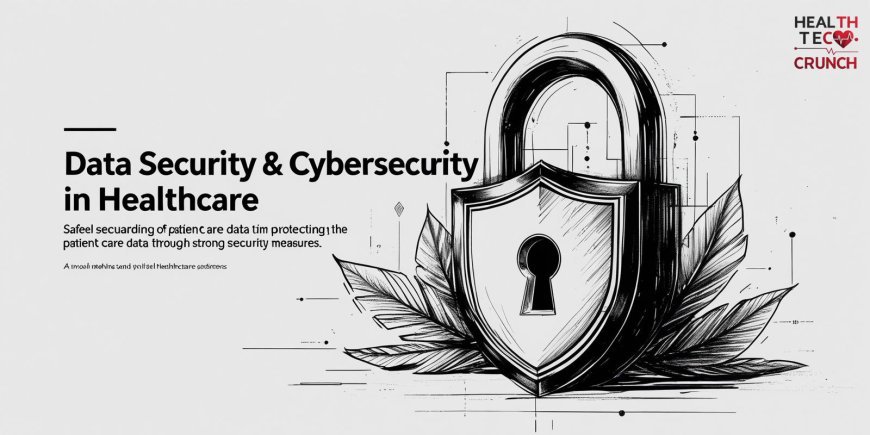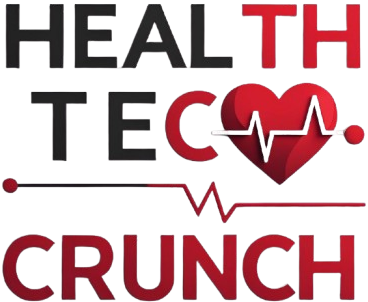Data Security and Cybersecurity in Healthcare: Safeguarding the Heart of Patient Care

Data Security and Cybersecurity in Healthcare: Safeguarding the Heart of Patient Care
In today’s healthcare environment, data security and cybersecurity have become critical concerns. As hospitals, clinics, and other healthcare providers increasingly rely on digital systems to manage patient information, the risk of cyber threats has grown significantly. Protecting sensitive health data is no longer just an IT issue-it’s central to maintaining patient trust, ensuring quality care, and safeguarding the very fabric of the healthcare system.
Healthcare organizations store vast amounts of personal information, from medical histories and test results to insurance details and billing records. This treasure trove of data is a prime target for cybercriminals, who seek to exploit vulnerabilities for financial gain or malicious intent. Ransomware attacks, data breaches, and phishing scams have become all too common, sometimes leading to serious disruptions in patient care or compromising patient privacy.
The impact of such breaches goes beyond the immediate financial losses. When patient data is exposed or manipulated, it can undermine the confidence patients have in their providers. Healthcare professionals rely on accurate, confidential information to make critical decisions, and any compromise can jeopardize patient safety. Furthermore, regulatory bodies have imposed strict requirements around data protection, making compliance a legal necessity as well as an ethical obligation.
In response to these growing threats, healthcare institutions are ramping up their cybersecurity efforts. This includes investing in advanced technologies such as encryption, multi-factor authentication, and intrusion detection systems designed to prevent unauthorized access. Regular security audits and risk assessments help identify weak points before they can be exploited.
Equally important is educating staff at all levels about cybersecurity risks. Since many breaches stem from human error-like clicking on malicious links or falling for phishing emails-ongoing training and awareness programs are essential. Creating a culture where data protection is everyone’s responsibility helps build a stronger defense against attacks.
Collaboration is also becoming key. Healthcare providers, government agencies, and technology companies are working together to share information about emerging threats and develop best practices. This collective approach helps create a more resilient healthcare ecosystem that can respond quickly and effectively when incidents occur.
Despite these efforts, challenges remain. The rapid pace of digital transformation means new vulnerabilities can emerge faster than organizations can address them. Balancing security measures with the need for easy access to data for healthcare delivery requires careful planning and thoughtful solutions.
At its core, data security in healthcare is about protecting people-patients, their families, and the dedicated professionals who care for them. It’s a responsibility that demands vigilance, innovation, and cooperation. By prioritizing cybersecurity, the healthcare industry can ensure that sensitive information remains safe and that trust between patients and providers continues to grow. This foundation is vital for delivering quality care and advancing the promise of modern medicine in an increasingly connected world.


























